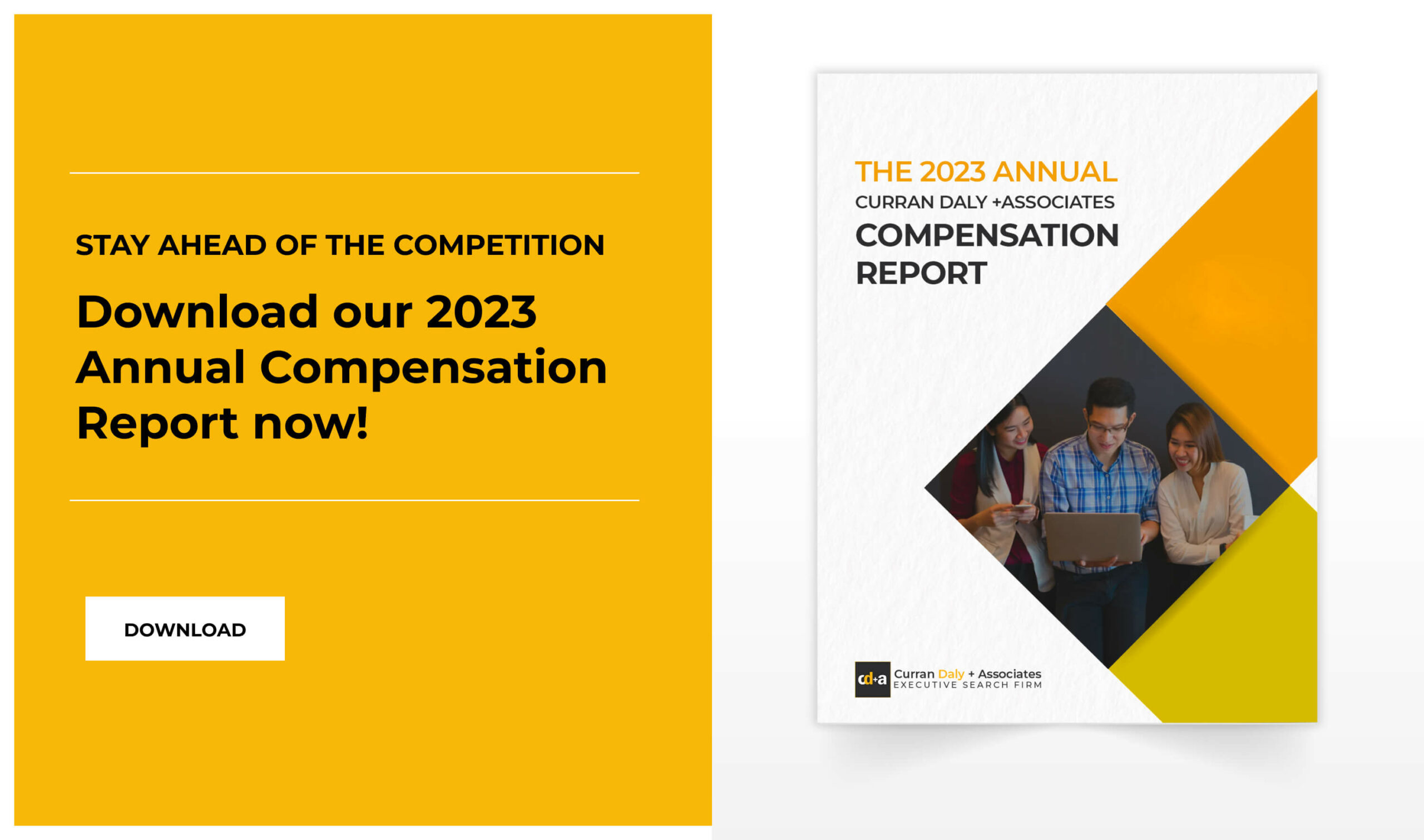- Rapid expansion comes with offshore challenges that companies must strategize to address, including around quality, time zones, culture, technology, data security, and policy.
- Strategies like improving communication channels, implementing flexible working models, conducting cultural training, upgrading technology, ensuring cybersecurity, and monitoring political shifts can help manage common offshore difficulties.
- Tips for smooth Philippines operations include thorough research, building local teams, frequently engaging staff, using productivity tools, and partnering with outsourcing firms.
The Philippines is becoming a top destination for multinational companies looking to establish their presence in Southeast Asia. With its strong economic growth and skilled workforce, the country is seen as a key market for expansion.
Results from a recent HSBC survey highlight this trend. Of all businesses already operating in the Philippines, 19% are prioritizing growth here over the next two years. For companies not yet present in the country, 21% have plans to enter the Filipino market within the same timeframe.
The report confirms the Philippines’ reputation as “Asia’s Rising Tiger” and one of the top destinations for foreign direct investment in the region. As more global firms recognize its potential, we can expect considerable interest and investment in Philippine operations.
However, rapid growth presents numerous offshore challenges. If you’re planning to expand in the Philippines, you must develop strategies to navigate risks for smooth operations.
Learn about key tactics in overcoming offshore challenges for multinational companies operating in the Philippines.
What Is a Multinational Company?
A multinational company (MNC) is a business entity that operates in multiple countries apart from its home country. MNCs are significant players in the global economy, often influencing trade, investment, and economic trends. They can be involved in various industries, including but not limited to manufacturing, technology, food and beverage, automotive, and consumer goods.
List of Common Challenges Experienced By Multinational Companies in the Philippines
Service Quality Challenges
When offshoring work to the Philippines, quality challenges can come up. Different rules and work ethics abroad mean deliverables might not always match expectations set in your home country.
Since you likely can’t be there in person regularly to monitor things, most communication happens online. That distance makes it tough to catch issues early.
Misalignment in strategy and goals can lead to:
- Errors and inconsistencies in the work product which hurts quality.
- Frustrated customers if mistakes happen in their data or orders. They may switch brands if it happens a lot.
- Missed deadlines as quality control slows things down.
Time Zone Differences in Operations
Time zone differences are a significant challenge in offshore outsourcing, especially when choosing from various global destinations.
Take, for instance, a scenario with an American company on the East Coast outsourcing to the Philippines. With a 13-hour time difference, communication and day-to-day business operations become notably challenging.
Coordinating meetings is another issue. When one team is active during their daytime, the other might be asleep, making it tough to find a suitable meeting schedule.
Linguistic and Cultural Misunderstandings
Companies from all over the world choose offshoring to the Philippines, mainly because of its talented, English-speaking workforce. The country scores well on the English Proficiency Index, ranking at number 20 out of 113 countries.
However, there are still challenges when it comes to language and culture. Without proper attention, these little differences can lead to big misunderstandings and communication mishaps.
- Even though English is widely spoken in the Philippines, accents, dialects, and varying levels of vocabulary can sometimes make conversations a bit tricky.
- Then there’s the way Filipinos communicate. They tend to be more indirect and polite, which is great, but it also means they might not speak up about big issues in the workplace.
Technology Flaws for Efficient Task Completion
When offshoring to the Philippines, one big thing to watch out for is the technical issue. This can really slow down your team and your offshore partners from getting things done efficiently.
The good news is, local service providers are pretty tech-savvy. They’re using new innovative tools to make sure everything runs smoothly, like:
- Artificial intelligence (AI) and machine learning (ML)
- Natural language processing (NLP)
- Cloud computing
The problem is: internet speed in the Philippines isn’t exactly top-notch. It’s ranked 86th globally with an average internet speed of 43.36 Mbps. This is significantly slower compared to the U.S., where the average speed is 136.48 Mbps. Slow internet can lead to delays in communication and even slow down project’s progress.
Data Protection Against Cyber Threats
Information security is a big deal. Since you’ll be sharing data and conducting transactions online, there’s a great risk that your sensitive information could fall prey to cyber threats like hacks and data breaches.
In addition, there are specific risks tied to Philippine offshoring that could put your data at risk. For instance, the Philippines follows its own set of data privacy laws, which might differ significantly from those in your country. This can affect how data is protected and handled.
Failing to align your cybersecurity strategies with those of your partners in the Philippines could lead to several undesirable outcomes, such as theft of personal information and damage to your reputation and brand.
Nuances of Foreign Policies, Politics, and Relations
Philippine businesses are significantly shaped by the political climate, policies, and international relations. Political decisions within the Philippines can affect various facets of business operations, from taxation and labor regulations to the cost of materials and the efficiency of transportation networks.
For instance, if the Philippine government decides to implement new tax reforms, this could directly affect the company’s financial planning and profitability.
Related: Common Challenges of Managing Offshore Teams
Strategies to Manage Offshore Challenges in the Philippines: What Every Multinational Company Should Know
Navigating the complex landscape of the Philippines as a MNC is no small feat. With its unique blend of opportunities and challenges, crafting a master plan that turns challenges into stepping stones is essential.
Here’s how to turn potential setbacks into your strategic advantage:.
Strategy 1: Establishing Clear Communication Channels and Quality Control Processes
Bring clarity into chaos by setting up clear communication channels and regular check-ins, ensuring everyone’s on the same page, no matter the distance. Imagine transforming cultural differences into innovative solutions through workshops that blend the best of both worlds.
You can also communicate with your local partner about your concerns to have immediate actions to improve quality. Quality isn’t just a goal; it’s a journey that you navigate together with robust processes and a touch of local presence to guide the way.
Strategy 2: Implement Flexible Working Hours and Cross-Time Zone Collaboration Tools
Flexibility is key. With teams spread across the globe, why not turn the time zone challenge into a 24-hour productivity cycle? Synchronize your watches and plan ahead, making time differences a non-issue.
You can also use different tools and software to make the communication process easier such as Loom videos to cut down videos by up to 29%.
By embracing asynchronous communication, you can ensure that creativity never sleeps, and progress is continuous, one time zone at a time.
Related: Hybrid Work is Here to Stay: What It Means for Businesses in 2023
Strategy 3: Conduct Cultural Alignment and Language Workshops
The Philippine archipelago of cultures and languages is rich and diverse. Understanding is more than just translation; it’s about embracing nuances, from indirect communication styles to the subtleties of politeness.
Through cultural competency training and fostering personal connections, you won’t just be working together; you’ll be growing together, building a bridge over any cultural gap.
Strategy 4: Invest in Technological Infrastructure and Training
In a world where technology dictates pace, upgrading your tech infrastructure is not optional. From ensuring fast internet connectivity to leveraging cloud-based solutions, you need to make every byte count.
Continuous IT education and robust support systems can be great strategies as a testament for your commitment to staying ahead. This ensures that every technological challenge you face in the future is met with an innovative solution.
Related: The Future is Here: How Artificial Intelligence Transforms Executive Search
Strategy 5: Ensure Data Security Through Compliance and Enhanced Cybersecurity
Security is a must if you want your business to thrive. By aligning with the Philippines’ data protection laws and solidifying your cyber defenses, you’re not just protecting data; you’re safeguarding trust.
Through meticulous partner vetting and collaborative security strategies, you can ensure that your digital protection stands unbreached. This makes data security your unwavering promise.
Strategy 6: Monitor Political and Policy Shifts and Manage Risks Accordingly
The political and economic landscapes are always changing, but with the right insights and strategies, staying ahead of the curve is possible.
By engaging with local communities and authorities, and employing risk management, you can adapt while setting the pace. This turns potential legal challenges into opportunities for growth.
Tips for Multinational Companies Operating in the Philippines
Offshoring to the Philippines offers wonderful opportunities and challenges. But how do you make the most of this transition? Here are four tips:
Tip 1: Research thoroughly beforehand.
Understand regulations governing foreign companies and choose the right location for your needs. Popular spots like Manila, Cebu, and Davao have infrastructure for outsourcing, but consider up-and-coming areas too.
Tip 2: Connect often with your staff.
Visit periodically or use video chats to connect with your team. To be a great employer, compensation isn’t the only thing that fuels team motivation. Employee engagement should be your top priority if you want to retain your employees. You can conduct employee engagement initiatives or learn about their lives and aspirations.
Tip 3: Use tools to manage remote teams.
Softwares like Time Doctor and Hubstaff for monitoring work hours, productivity and progress can smooth operations across time zones.
Tip 4: Consider partnering with an outsourcer.
Many Philippine firms offer services in IT, manufacturing, HR, and more. They provide talent hiring and infrastructure so you can focus on core operations.
Related: Why Partnering with Executive Search Firms Makes Sense
Manage Offshore Challenges in the Philippines With An Expert Talent Partner
The Philippines offers major growth potential for MNCs, thanks to its skilled workforce and robust economy. However, rapid expansion comes with numerous challenges that must be addressed through proactive strategy.
Companies able to embrace the strategies and tips above will be best positioned to unlock the full benefits of the Filipino market while managing risk.
With the right expert partner, these hurdles become springboards for sustainable innovation.
As an offshore recruitment solution, Curran Daly & Associates has helped numerous MNCs successfully expand into the Philippines. We simplify hiring through our extensive talent network, rigorous screening, and dedicated account management.
Let us help you access top talent, enhance quality, and drive results in this high-potential market.
Contact us today to discuss your offshore expansion goals in the Philippines.










0 Comments